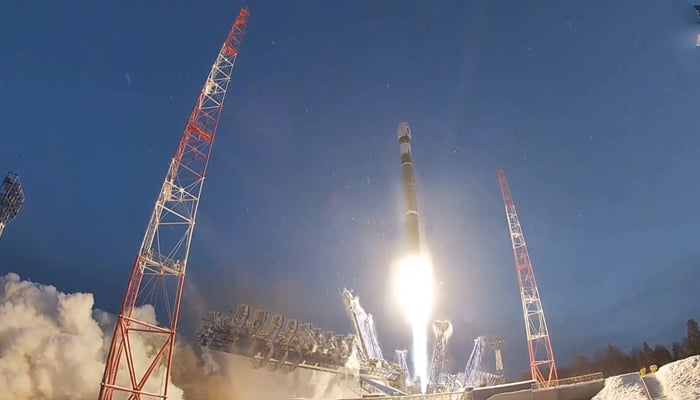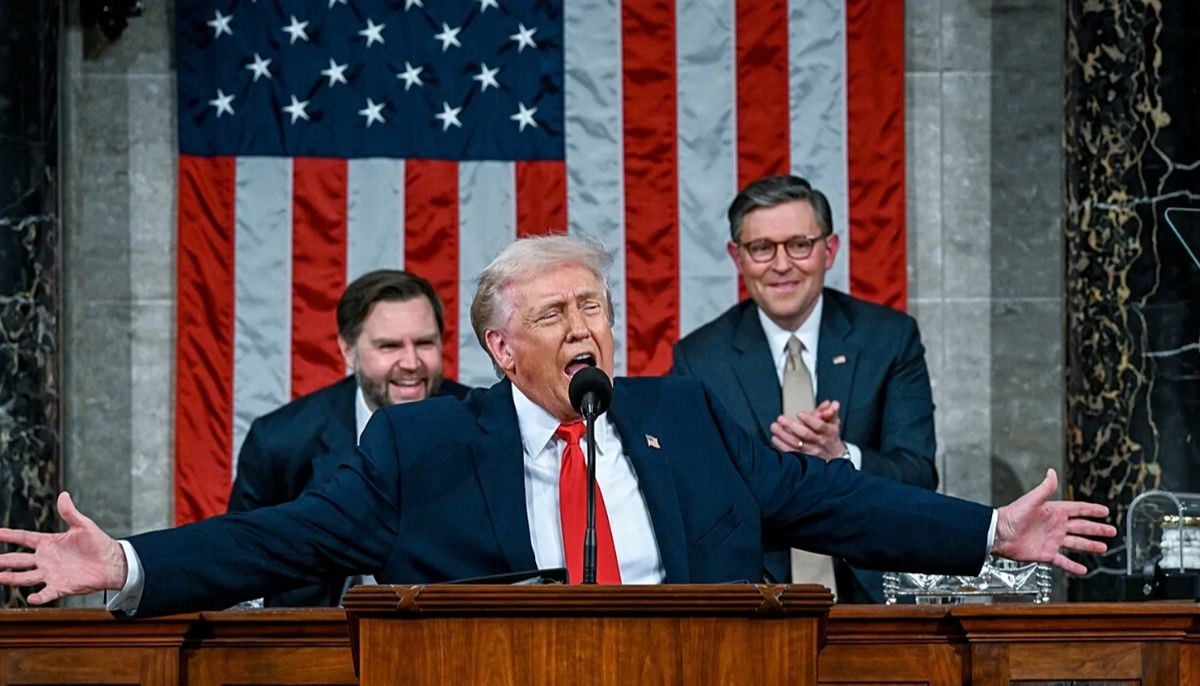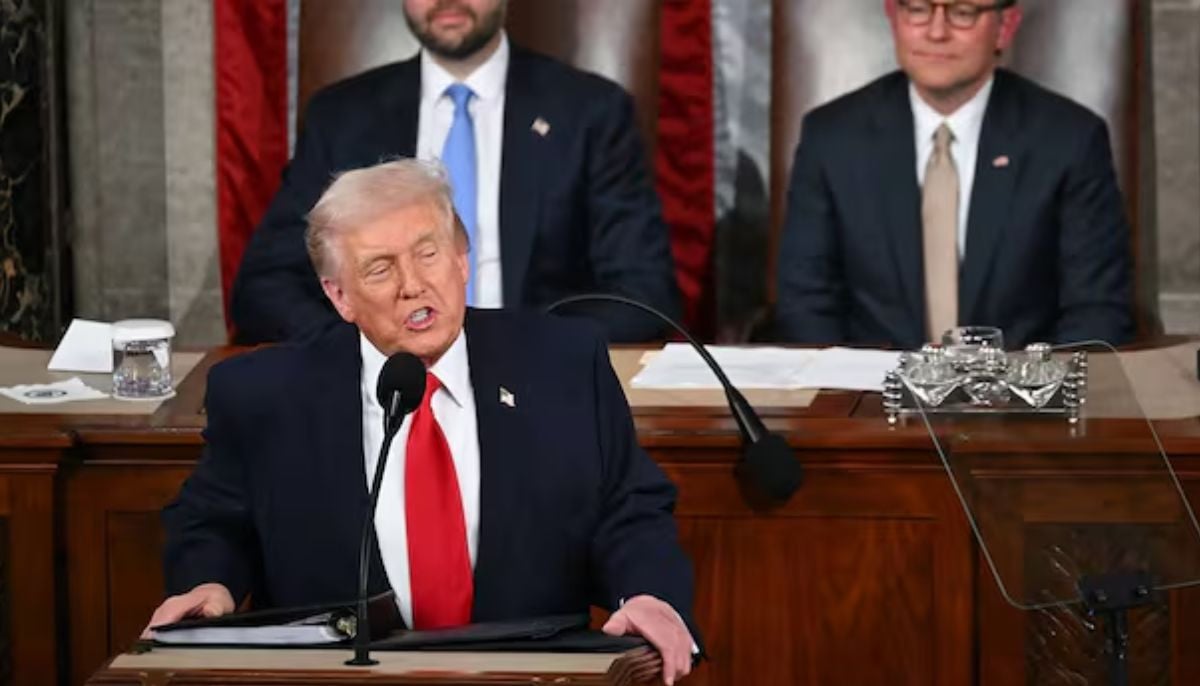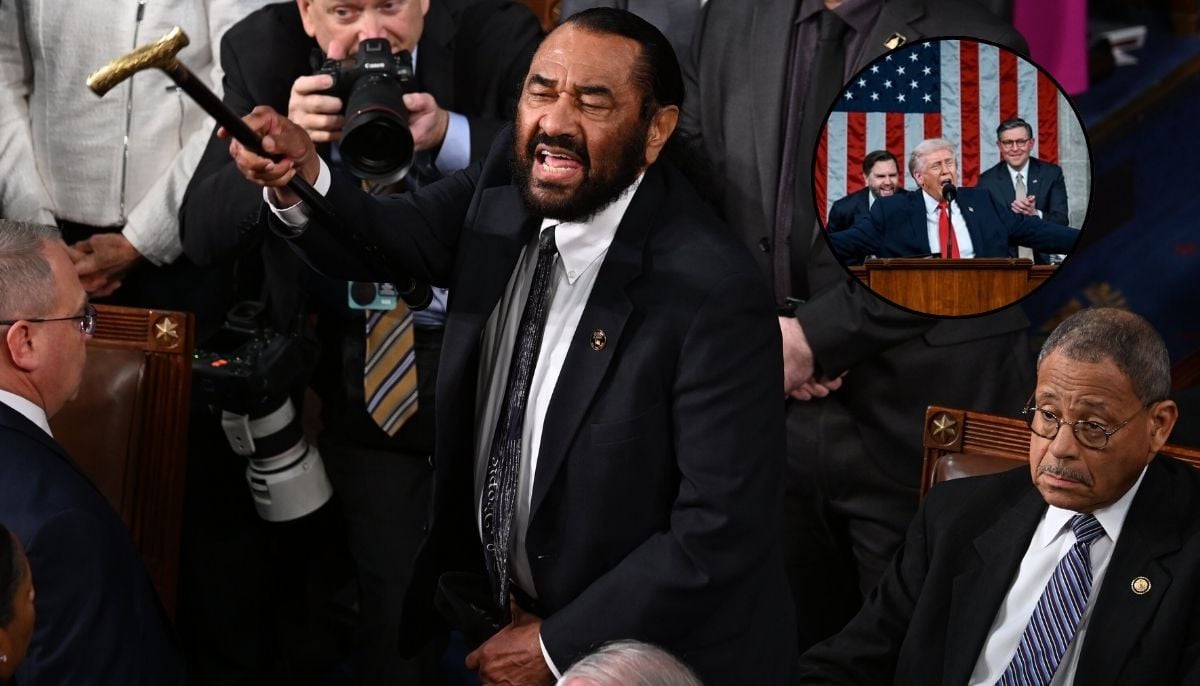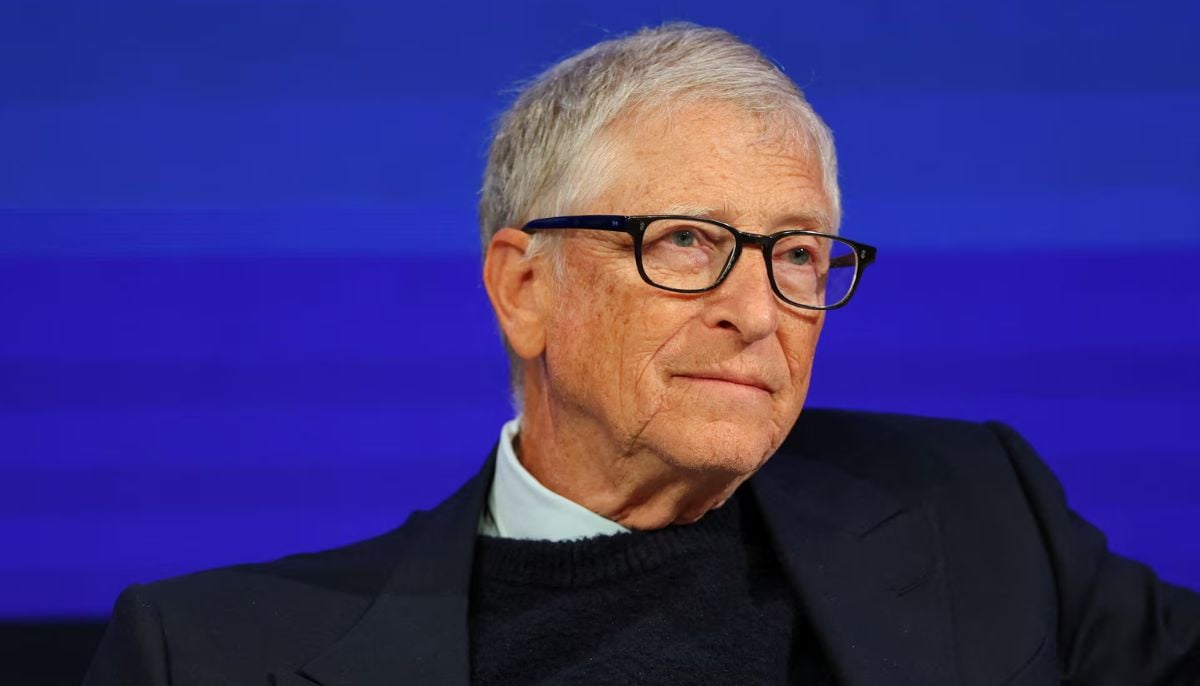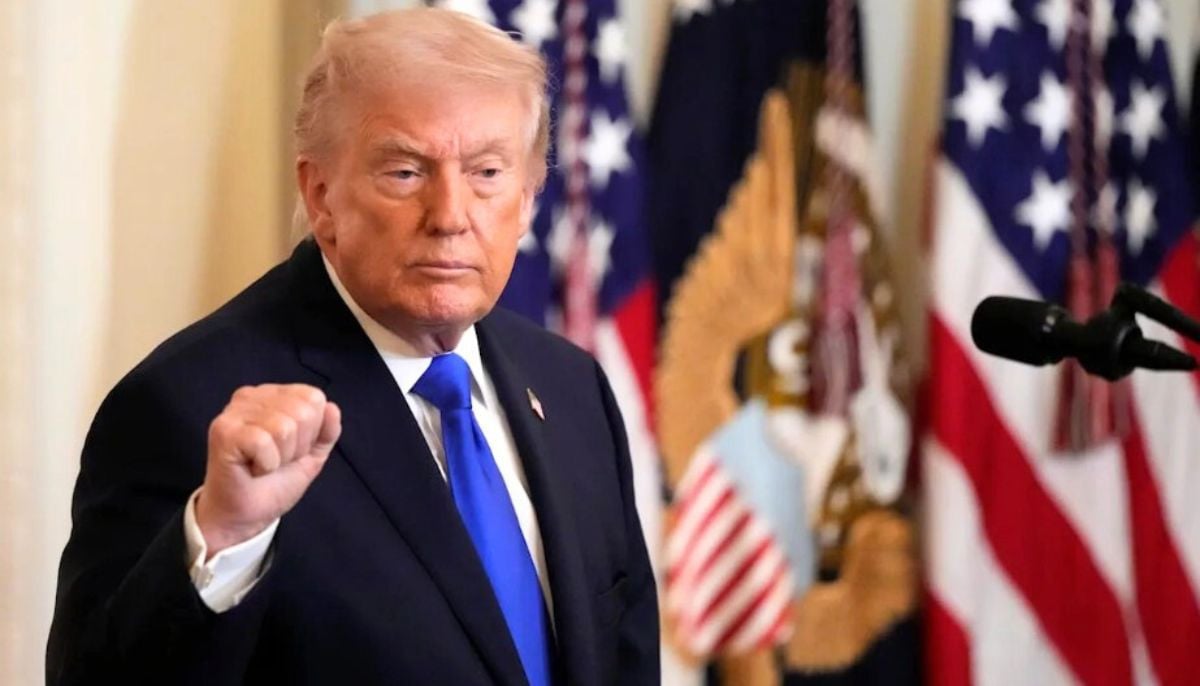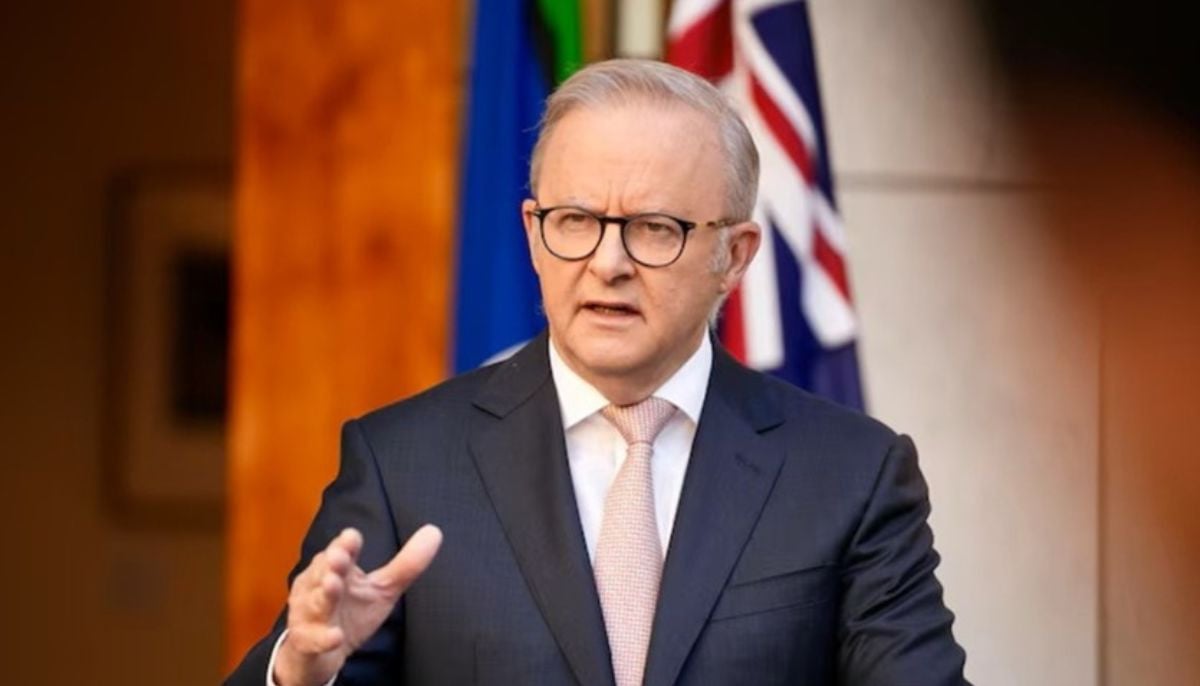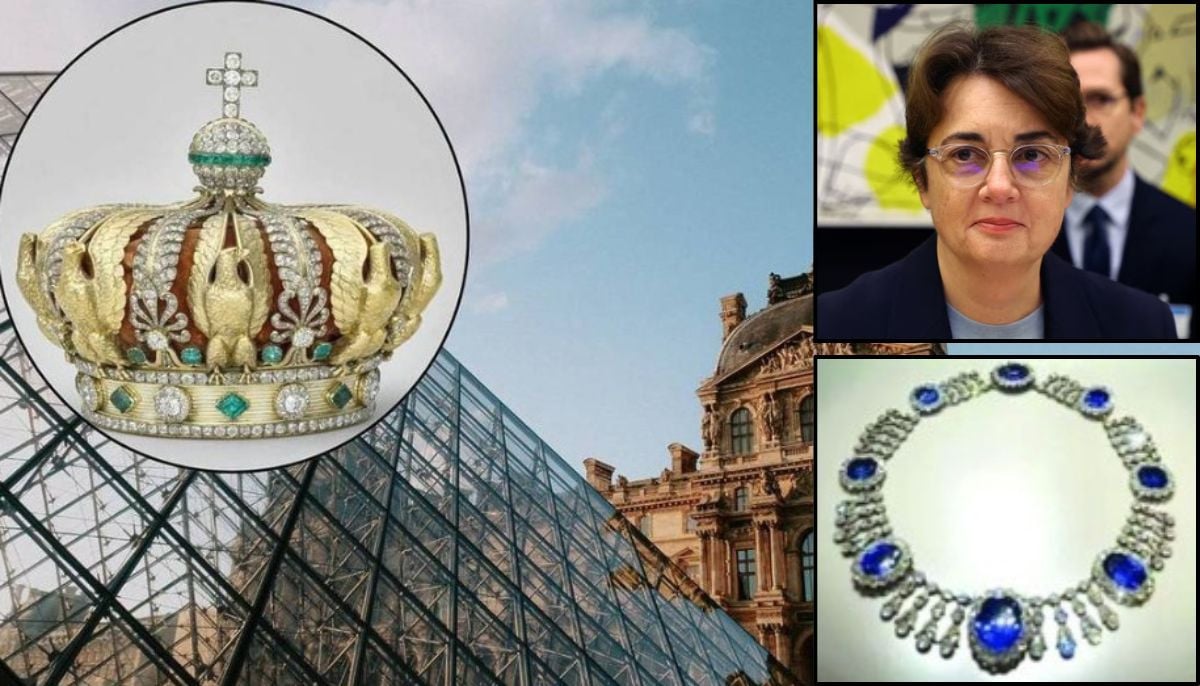Russia blasts off new military satellite into orbit in line with space ambitions
Satellite was launched by Russian Aerospace Forces (RAF) Soyuz-2.1b rocket, defence ministry says
Months after encountering a setback in landing on the lunar soil, Russia successfully deployed a new military satellite into the earth's orbit after sending several devices used for defence purposes earlier, officials in Moscow said Wednesday.
The satellite was launched by the Russian Aerospace Forces (RAF) Soyuz-2.1b rocket, according to the defence ministry.
It noted: "On December 27 at 10:03 am combat crews of the RAF space forces conducted a launch of a light-class Soyuz-2.1b rocket with a space device in the interest of the Russian Defence Ministry, from the state testing cosmodrome of the Russian Defence Ministry in Arkhangelsk region (Plesetsk)."
According to the military officials, the lift-off and the rocket’s voyage to its targeted place had gone off without a hitch and the whole process was monitored by an automated ground-control complex.
“A stable telemetry link has been established and maintained with the spacecraft,” the ministry stated adding that the onboard systems were operating normally.
A similar launch was conducted by the Soyuz-2.1b rocket which carried military devices into the earth’s orbit in October.
The defence officials did not provide any information about the purposes and the total number of devices deployed outside Earth.
The Russian space agency Roscosmos mentioned that total 67 launches were conducted using Soyuz-2.1b rockets between December 27, 2006 and November 25, 2023. As many as some 577 devices have been delivered into the space.
In late August, Russia blasted off its lunar lander Luna-25 mission to the moon which failed achieve stated objectives. It crashed on the moon after an unsuccessful orbital manoeuvre on August 19.
It was Russia's first lunar mission since 1976, marking a significant setback to the Russian space programme overseas, however, Moscow vowed to pursue the space ambitions despite failures.
The mission's failure sparked concerns about the condition of Russia's space programme, which has been beset by problems ever since the Soviet Union fell apart in 1991.
The Kremlin's response, however, reveals a determination to move further in the international space competition despite this setback.
In a call with reporters, Kremlin spokesman Dmitry Peskov said: "This is not a reason to despair, nor to tear our hair out. This is another reason to analyse the causes (of the failure) and eliminate them next time."
-
Trump delivers longest State of Union address in history: Inside key details on economy, security and global strategy
-
Trump’s 2026 State of Union address: Inside key takeaways, major policy shifts & top announcements
-
Rep. Al Green removed from House chamber during Trump’s State of Union address: Here’s what happened
-
Bill Gates breaks silence on Epstein links, ‘took responsibility for his actions’ during town hall meeting
-
President Donald Trump delivers the traditional State of the Union address to Congress
-
Australia: Bomb threat behind evacuation of PM Anthony Albanese linked to Chinese dance group
-
Applebees closures expand with Glenville restaurant closing for good after 10 years
-
Louvre director resigns after historic jewelry heist exposed security flaws
